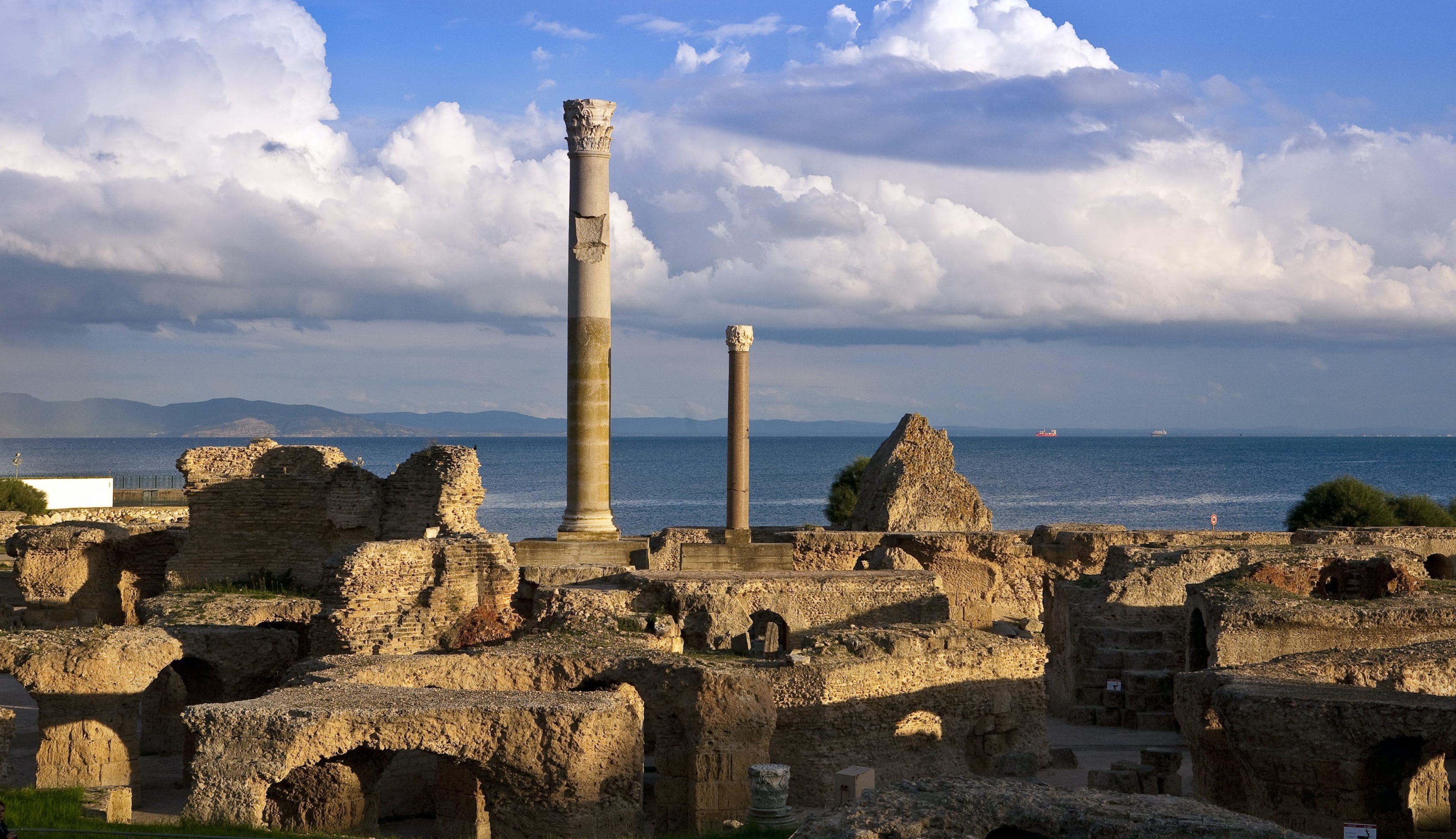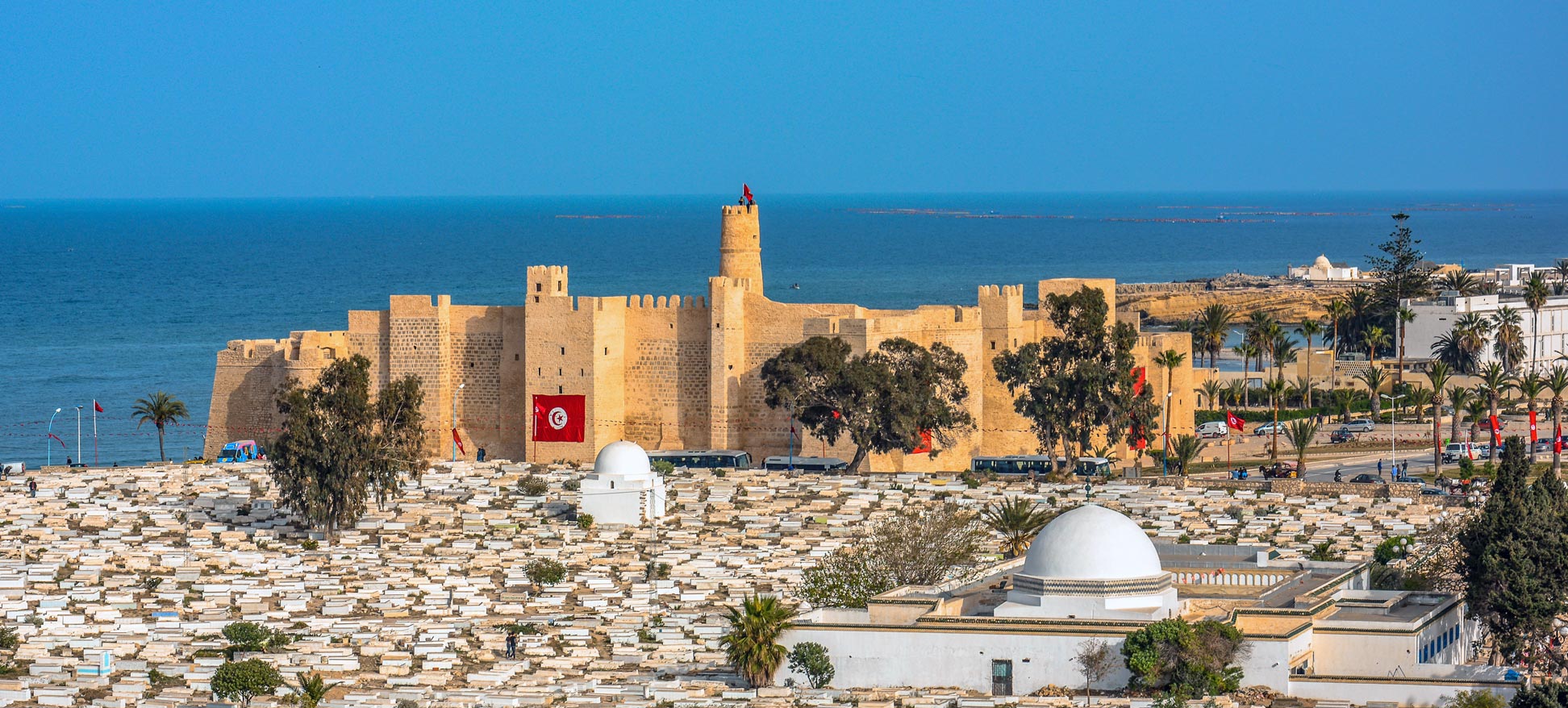Welcome to the 3rd IEEE International Conference on ICT Solutions for eHealth
in conjunction with the 28thIEEE Symposium on Computers and Communications (ISCC)
The program of the conference is now available:
Download ICTS4eHealth 2023 Program Schedule.
e-Health is one of the major research topics that have been attracting cross-disciplinary research groups. The deployment of new emerging ICT technologies for Health, especially based on Cloud computing, Internet of Things (IoT), and Computational Intelligence, is attracting the interest of many researchers.
Following five successful workshop editions, two years ago ICTS4eHealth became an International IEEE Conference, and we are now proud to announce the third edition of this popular conference dedicated to ICT solutions for e-Health, especially based on Cloud computing, Internet of Things (IoT), and Computational Intelligence.
The conference will bring together researchers from academia, industry, government, and medical centers in order to present the state of the art in the emerging area of the use of cloud systems in connected health infrastructure and applications, and the use of IoT and Computational Intelligence techniques in the area of eHealth.



Steering Committee

Mission
e-Health is one of the major research topics that have been attracting cross-disciplinary research groups. The deployment of new emerging ICT technologies for Health, especially based on Cloud computing, Internet of Things (IoT), and Computational Intelligence, is attracting the interest of many researchers.
The use of Cloud computing, IoT technologies, and methods typical of Soft Computing and Computational Intelligence have been very prominent recently and can be of great help in finding good solutions to many practical healthcare applications.
For instance, health monitoring, health data storage, health data collection, mobile health, pervasive health, healthcare monitoring, telemedicine, context-aware computing, ubiquitous computing, processing health data in the cloud, securing health data in the cloud and Assistive Technology (AT) are areas of interest that are being addressed using cloud computing and IoT techniques. On the other hand, several challenging issues have raised due to the adoption of such emerging technologies. These include the quality of health data, the ability to retrieve information and use it in health context, as for example in tasks related to machine learning, knowledge discovery, decision support, regression, forecasting, optimization, feature selection, and additionally privacy and security issues of health data while being processed in the cloud, availability of health data, models of context and tele-monitoring of contextual applications.
Following five successful workshop editions, two years ago ICTS4eHealth became an International IEEE Conference, and we are now proud to announce the third edition of this popular conference dedicated to ICT solutions for e-Health, especially based on Cloud computing, Internet of Things (IoT), and Computational Intelligence.
The conference will bring together researchers from academia, industry, government, and medical centers in order to present the state of the art in the emerging area of the use of cloud systems in connected health infrastructure and applications, and the use of IoT and Computational Intelligence technique in the area of eHealth.
General Chairs
Antonio Celesti
University of Messina, Italy
Giovanna Sannino
ICAR-CNR, Italy
Technical Program Co-Chairs
Ivanoe De Falco
ICAR-CNR, Italy
Panayiotis Kotzanikolaou
University of Piraeus, Greece
Armando Ruggeri
University of Messina, Italy
Publicity Chair
Davide Ciraolo
University of Messina, Italy
Honorary Chair
Giuseppe De Pietro
Director of ICAR - CNR, Italy
Keynote:
Doc. Ing. Tomáš Koutný, Ph.D
University of West Bohemia, Faculty of Applied Sciences - Department of Computer Science and Engineering
Talk: Artificial Intelligence for Diabetes
Diabetes mellitus is a group of heterogeneous, civilization diseases. It is 8th common cause of death. It manifests with elevated blood glucose, which continuously damages various organs and contribute to a development of additional diseases. To treat an advanced form of the disease, we need to manage blood glucose level with insulin. As the management is actually a hard problem, artificial intelligence can explore many decisions to find the most effective ones, which is unfeasible for a patient without a smart device. Actually, there are three areas, in which the artificial intelligence can help – glucose level predictor, artificial pancreas construction and metabolic simulator. Using selected studies, we will present state-of-the-art, artificial-intelligence approaches to each of these three topics to demonstrate how to deal with the design, implementation and verification.
Topics:
Conference Topics Include (But Are Not Limited To):
- Cloud computing applications for eHealth
- Internet of Things (IoT) applications for eHealth
- Assistive Technology (AT)
- Networking and Monitoring in Bio-systems
- Management and Organization of BME Environments
- Bioinformatics and Computational Biology and Medicine
- Monitoring of Vital Functions with Sensor and ICT Systems
- Biosensors and Sensor Networks
- Advanced Bio-signal Processing
- Distributed BME Applications
- Telehealth, Telecare, Telemonitoring, Telediagnostics
- e-Healthcare, m-Healthcare, x-Health
- Assisted Living
- Smartphones in BME Applications
- Social Networking, Computing and Education for Health
- Computer Aided Diagnostics
- Improved Therapeutic and Rehabilitation Methods
- Intelligent Bio-signal Interpretation
- Explainable and Interpretable AI models for Health, Biology and Medicine;
- Federated Learning for Medical and Healthcare Data;
- Signal and Image processing for Health
- Data and Visual Mining for Diagnostics
- Advanced Medical Visualization Techniques
- Personalized Medical Devices and Approaches
- Modelling and Computer Simulations in BME
- Human Responses in Extreme Environments
- Other Emerging Topics in BME
- e-Accessibility, web accessibility
- Hardware & Software personalized assistive technologies
- Assistive systems for users who are blind or visually impaired
- Integration between home-based assistive technologies and patient health data
- User-centered design of electronic assistive technologies
- Usability of assistive technologies
- Computer vision in AT
- User interfaces for home-based assistive technologies
- Use of prescription systems and assistive technologies
- Experience from real world assistive environment deployment
- Assistive Technologies for Urban Environments
- Healthcare modeling and simulation
- Knowledge discovery and decision support
- Biomedical data processing
- Wearable devices
- Sensor-based mHealth applications
- Security and Privacy in eHealth
The use of Soft Computing/Computational Intelligence methods in facing problems in the above topics is highly welcome, although by no way compulsory.
Submission
ICTS4eHealth main conference:
Manuscripts should describe original work and should be no more than 7 pages in the IEEE double-column proceedings format, including tables, figures and references.
In order to download manuscript templates for IEEE conference proceedings use the following link:
Papers can be submitted directly to EDAS:
Note that accepted papers up to 6 pages will be published with no additional charge. Exceeding pages will be charged an additional fee. Papers exceeding 7 pages will not be accepted.
At least one author of each accepted paper is required to register to the conference and present the paper. Only registered and presented papers will be published in the conference proceedings.
Accepted papers will be included in the proceedings of
Special Sessions
SS-TAAIMHA: Technological Advancements in Artificial Intelligence for Medical and Healthcare Applications
The healthcare service system is essential in the medical field, which has enormous demands on human existence. In recent years, Artificial Intelligence (AI) has seen rapid development and is being used extensively in the domains of computer science and engineering. As a result of recent developments in machine learning and deep learning, artificial intelligence has become a hot topic across all academic disciplines. The purpose of this special session is to provide a forum in which researchers and practitioners that employ unsupervised or supervised learning based on AI models for any clinical tasks can present and discuss their latest work and exchange ideas for improving the use of AI in healthcare.
co-Chairs:- Dr. Balasubramaniam S, University of Kerala, Thiruvananthapuram, Kerala, India
- Dr. A. Prasanth, Sri Venkateswara College of Engineering, Sriperumbudur, Near Chennai, Tamilnadu, India
- Dr. Soufiene Ben Othman, PRINCE Laboratory Research, ISITcom, University of Sousse, Hammam Sousse, Sousse, Tunisia
ICTS4eHEALTH Registration Fees:
Please carefully check the registration instructions at https://2023.ieee-iscc.org/registration/
(all prices are displayed in dollars)
| Type | Early Registration | Late Registration |
|---|---|---|
| IEEE Member Conference Registration | $250.00* | $300.00 |
| Non – IEEE Member Conference Registration | $285.00* | $335.00 | Registration includes: access to the conference Sessions, Coffee breaks and Lunches during the realization days, welcome reception and gala dinner. | * 10% discount for authors who have an accepted paper in the ISCC conference (in addition to the ICTS4eHealth paper) |
Any administrative/bureaucratic/financial/registration/visa issue is directly managed by the mother conference ISCC.
Therefore, authors can contact ISCC organizers to ask them any question about registration.
Technical Program Committee
- Giuseppe Aceto - University of Napoli Federico II, Italy
- Mehdi Adda - University of Quebec at Rimouski, Canada
- M. Shahwaiz Afaqui - Teesside University, United Kingdom
- Olasupo Ajayi - University of the Western Cape, South Africa
- Samson Akintoye - University of the Western Cape, South Africa
- Saad Aldoihi - KACST, Saudi Arabia
- Mohammed Alghamdi - Al-Baha University, Saudi Arabia
- Ilaria Angela Amantea - University of Torino, Italy
- Islam Atef - Smouha, 28 tot ankh amon, Egypt
- Bigomokero Bagula - University of the Western Cape, South Africa
- Marco Baldi - Università Politecnica delle Marche, Italy
- Daniel Batista - University of Sao Paulo, Brazil
- Diana Gratiela Berbecaru - Politecnico di Torino, Italy
- Cinzia Bernardeschi - University of Pisa, Italy
- Antonios Billis - Aristotle University of Thessaloniki, Greece
- Guido Boella - University of Torino, Italy
- Nizar Bouguila - Concordia University, Canada
- Nadia Brancati - ICAR-CNR, Italy
- Susana Brás - Universidade de Aveiro, Portugal
- Celso Brennand - Federal Rural University of Pernambuco, Brazil
- Giuseppe Caggianese - ICAR-CNR, Italy
- Stefano Cagnoni - University of Parma, Italy
- Claudia Canali - University of Modena and Reggio Emilia, Italy
- Lorenzo Carnevale - University of Messina, Italy
- Edson Carvalho - Universidade Federal do Piauí, Brazil
- Gabriella Casalino - University of Bari Aldo Moro, Italy
- Sudarshan Chawathe - University of Maine, USA
- Stefano Chessa - Universita' di Pisa, Italy
- Christos Chrysoulas - Edinburgh Napier University, United Kingdom
- Mario Ciampi - ICAR-CNR, Italy
- Gianluca Ciattaglia - Polytechnic University of Marche, Italy
- Imre Cikajlo - University Rehabilitation Institute, Slovenia
- Carlos Costa - University of Aveiro, Portugal
- Gabriele D'Angelo - University of Bologna, Italy
- Everton de Matos - Technology Innovation Institute, United Arab Emirates
- Renato de Moraes - Federal University of Pernambuco (UFPE), Brazil
- Andrea De Salve - National Research Council (CNR), Italy
- Marco De Vincenzi - IIT-CNR, Italy
- Antonio Della Cioppa - University of Salerno, Italy
- Franca Delmastro - IIT-CNR, Italy
- Flavio Di Martino - IIT-CNR, Italy
- Dejan Drajic - DunavNET, Serbia
- Thibaud Ecarot - Université de Sherbrooke, Canada
- Hamdi Eltaief - Research Lab PRINCE, Tunisia
- Lei Feng - Beijing University of Posts and Telecommunications, China
- Stefano Ferretti - University of Urbino, Italy
- Stefka Fidanova - Bulgarian Academy of Sciences, Italy
- Antonio Filograna - Engineering Ingegneria Informatica S.p.A., Italy
- Alessandro Floris - University of Cagliari, Italy
- Stefano Forti - University of Pisa, Italy
- Miguel Franklin de Castro - Federal University of Ceará, Brazil
- Alberto Freitas - Faculty of Medicine of the University of Porto, Portugal
- Sebastian Fudickar - University of Luebeck, Germany
- Antonino Galletta - University of Messina, Italy
- Francesco Gargiulo - ICAR-CNR, Italy
- Avik Ghose - Tata Consultancy Services, India
- Michele Girolami - ISTI-CNR, Italy
- Faisal Hussain - Al-Khawarizmi Institute of Computer Science (KICS), Pakistan
- Hanen Idoudi - University of Manouba, Tunisia
- Tawfik Ismail - Cairo University, Egypt
- Eder J. Scheid - Federal University of Rio Grande do Sul, Brazil
- Martin Jacobsson - KTH Royal Institute of Technology, Sweden
- Ayman Kayssi - American University of Beirut, Lebanon
- Alexander Kocian - University of Pisa, Italy
- Tomas Koutny - University of West Bohemia, Czech Republic
- Yu-Sheng Lin - Southern Taiwan University of Science and Technology, Taiwan
- Xing Liu - University of Washington, USA
- João Alexandre Lobo Marques - University of Saint Joseph, Macao
- Ahmad Lotfi - Nottingham Trent University, United Kingdom
- Ramon Malaquias - Federal University of Rio Grande do Norte, Brazil
- Pietro Manzoni - Universitat Politècnica de València, Spain
- Lucia Migliorelli - Marche Polytechnic University, Italy
- Pooya Moradian Zadeh - University of Windsor, Canada
- Amin Naemi - University of Southern Denmark, Denmark
- Hiroyuki Nozaka - Hirosaki University, Japan
- Clement Nyirenda - University of the Western Cape, South Africa
- Ilídio Oliveira - University of Aveiro, Portugal
- Giovanni Paragliola - ICAR-CNR, Italy
- Antonio Parziale - NCLab, DIEM, University of Salerno, Italy
- Dipti Patil - MKSSS's Cummins College of Engineering for Women, Pune, India
- Loreto Pescosolido - CNR - Italian National Research Council, Italy
- Manuela Petti - University La Sapienza - Rome, Italy
- Zahra Pezeshki - Shahrood University of Technology, Iran
- Marco Picone - University of Modena and Reggio Emilia, Italy
- Ivan Miguel Pires - Instituto de Telecomunicações, Portugal
- Niki Pissinou - Florida International University, USA
- Nuno Pombo - University of Beira Interior, Portugal
- Petre Pop - Technical University of Cluj-Napoca, Romania
- Seyedamin Pouriyeh - Kennesaw State University, USA
- Linda Senigagliesi - Università Politecnica delle Marche, Italy
- Stefano Silvestri - ICAR-CNR, Italy
- Jan Sliwa - Bern University of Applied Sciences, Switzerland
- Jacopo Soldani - University of Pisa, Italy
- Luiz Angelo Steffenel - Université de Reims Champagne-Ardenne, France
- Victor Ströele - Federal University of Juiz de Fora, Brazil
- Emilio Sulis - University of Turin, Italy
- Ernesto Tarantino - ICAR - CNR, Italy
- Francesco Tusa - University of Westminster, United Kingdom
- Kalum Udagepola - Scientific Research Development Institute of Technology Australia, Australia
- Laura Verde - University of Campania Luigi Vanvitelli, Italy
- Carlos Alberto Vieira Campos - Federal University of the State of Rio de Janeiro, Brazil
- Marco Zappatore - University of Salento, Italy
- Gianluca Zaza - Computer Science Department, University of Bari "Aldo Moro", Italy

Best Paper Award
A "Best Paper Award" Certificate will be conferred on the author(s) of a paper presented at the conference, selected by the Chairs based on scientific significance, originality and outstanding technical quality of the paper, as assessed also by the evaluations of the members of the Program Committee.
Special Issues
Authors of selected papers may be invited to submit extended versions of their papers for publication as full journal papers in special issues organized in prestigious indexed journals.
In the past, ICTS4eHealth has been linked to several special issues, among which we report:
- Special Issue on ''Enabling Technologies for Next Generation Telehealthcare'' - IEEE Journal of Biomedical and Health Informatics (WoS Impact Factor 7.021, Scopus SJR 1.799)
- Special Issue on ''Emerging Networked Computer Applications for Telemedicine'' - Journal of Network and Computer Applications (WoS Impact Factor 7.574, Scopus SJR 2.193)
- Special Issue on ''Digital Healthcare Leveraging Edge Computing and the Internet of Thing'' - Sensors Journal (WoS Impact Factor 3.847, Scopus SJR 0.803)
Important Dates
Venue
El Mouradi Gammarth Hotel
El Mouradi Gammarth is on a beautiful private beach, located in close proximity to Tunis-Carthage International Airport (20 km), and 30 minutes from downtown Tunis.
It is close to the Memorial and Museum Dar el-Annabi, in the famously blue neighborhood of Sidi Bou Saïd, showcases a traditional Tunisian lifestyle.
res.gammarth@elmouradi.com;
compta1.gammarth@elmouradi.com;
compta2.gammarth@elmourdi.com
Tunis, Tunisia

Tunisia is a North African country centrally located in IEEE Region 8, with historical relationships around the Mediterranean area and the entire Region 8, with historical places and exhibits.
Tunisia is also a culturally rich country with a growing economy. Tunis, the Tunisia capital, is a dynamic city with many tourist opportunities.



